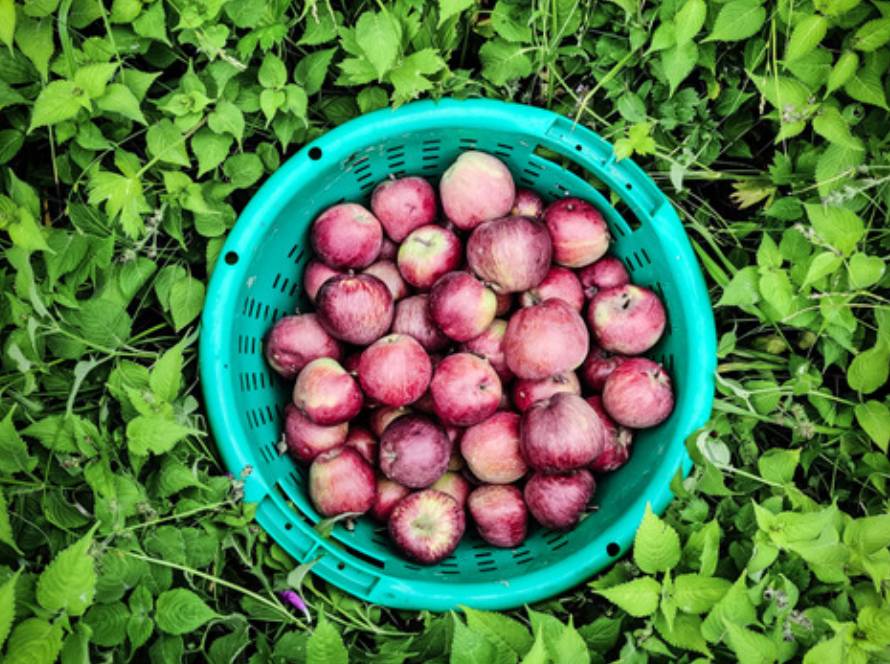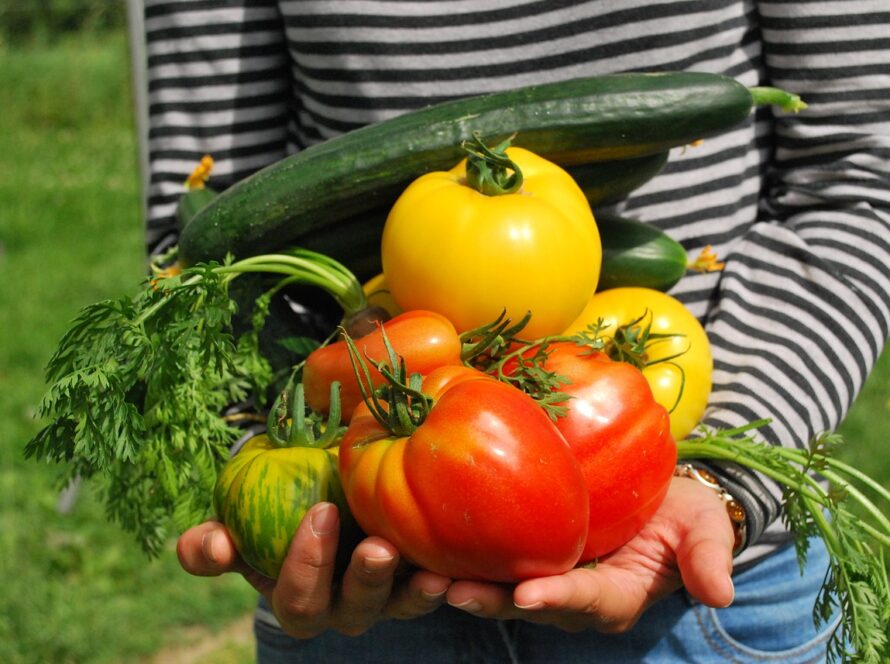In
the lush valleys of Himachal Pradesh, where the crisp mountain air and fertile soil create an ideal environment for apple cultivation, a silent struggle is unfolding. The typically resilient apple plants, known for their bountiful yields, are now grappling with the harsh reality of an extended dry spell. As the sun beats down relentlessly and rain clouds remain elusive, farmers are facing unprecedented challenges in nurturing their apple orchards.
Himachal Pradesh, often referred to as the “Fruit Bowl of India,” boasts of a thriving apple industry, contributing significantly to the state’s economy and livelihoods of its people. However, the dependence on seasonal rainfall for irrigation makes apple cultivation particularly vulnerable to erratic weather patterns. The current prolonged dry spell has exacerbated these vulnerabilities, leaving farmers in a precarious situation.
One of the primary concerns stemming from the dry spell is the impact on soil moisture levels. Apple plants require adequate moisture to thrive, especially during crucial growth stages such as flowering and fruit development. The lack of rainfall has led to depleted soil moisture, forcing farmers to rely heavily on alternative irrigation methods such as groundwater pumping. However, this comes with its own set of challenges, including increased operational costs and environmental concerns related to groundwater depletion.
Furthermore, the dry spell has heightened the risk of pest infestations and diseases. Moist conditions often serve as breeding grounds for pests and pathogens that can wreak havoc on apple orchards. With the prolonged absence of rain, farmers are finding it increasingly difficult to combat these threats effectively. The lack of natural moisture also weakens the plants’ natural defense mechanisms, making them more susceptible to attacks.
Another critical issue exacerbated by the dry spell is the impact on apple yields and quality. Adequate water availability is essential for the proper development of fruits, ensuring optimal size, flavor, and juiciness. Without sufficient moisture, apples may fail to reach their full potential, resulting in diminished yields and inferior quality produce. This not only affects the farmers’ income but also undermines the reputation of Himachal Pradesh’s apple industry as a producer of premium quality fruit.
The socio-economic ramifications of the prolonged dry spell are profound, extending beyond the agricultural sector. Many farmers who depend solely on apple cultivation for their livelihoods are facing financial strain due to reduced yields and increased input costs. The ripple effects are felt across the entire value chain, from farm laborers to local markets and export channels. Moreover, the uncertainty surrounding future weather patterns exacerbates anxiety among farming communities already grappling with existing challenges.
As Himachal Pradesh’s apple farmers navigate through this challenging period, the resilience and adaptability of both the plants and the people who nurture them are being put to the test. While the road ahead may be fraught with uncertainties, there is hope in the collective efforts to weather the storm and emerge stronger on the other side. With innovative solutions, community support, and a renewed commitment to sustainable practices, Himachal Pradesh’s apple industry can overcome the current dry spell and continue to flourish amidst changing climatic realities.
Kisan Manch Team is closely working with farmers along with their agronomy team to address the orchards where critical issues have emerged due to dry spell.




